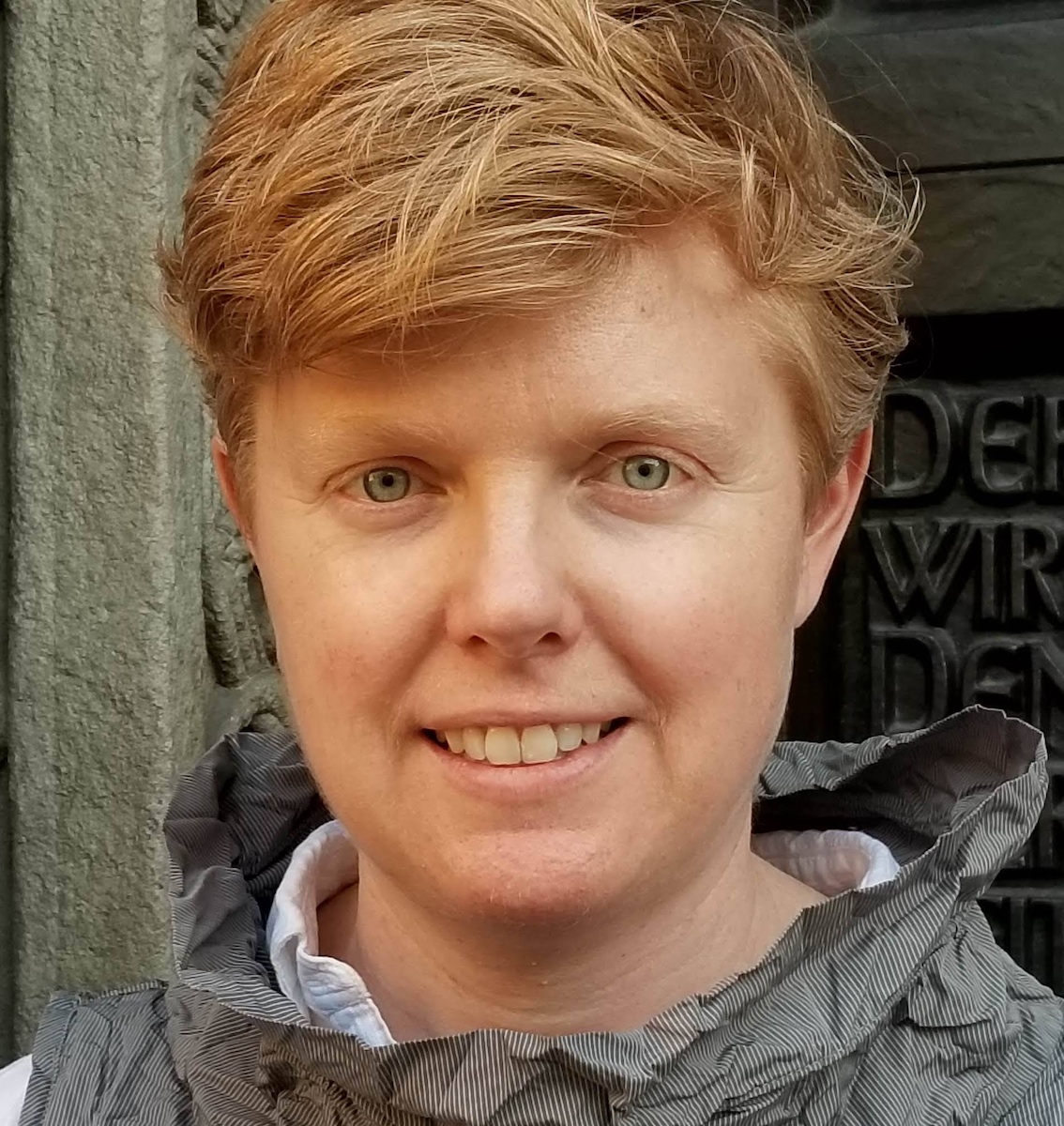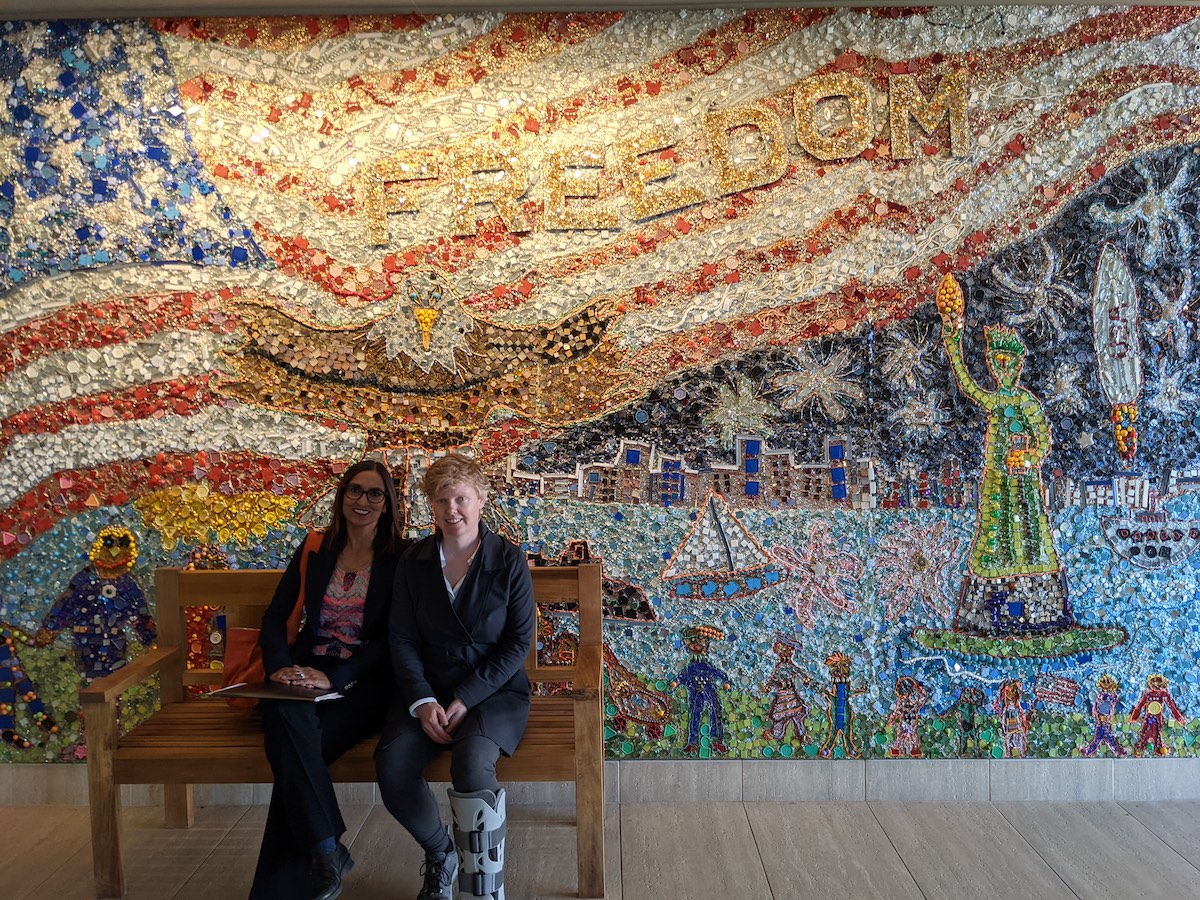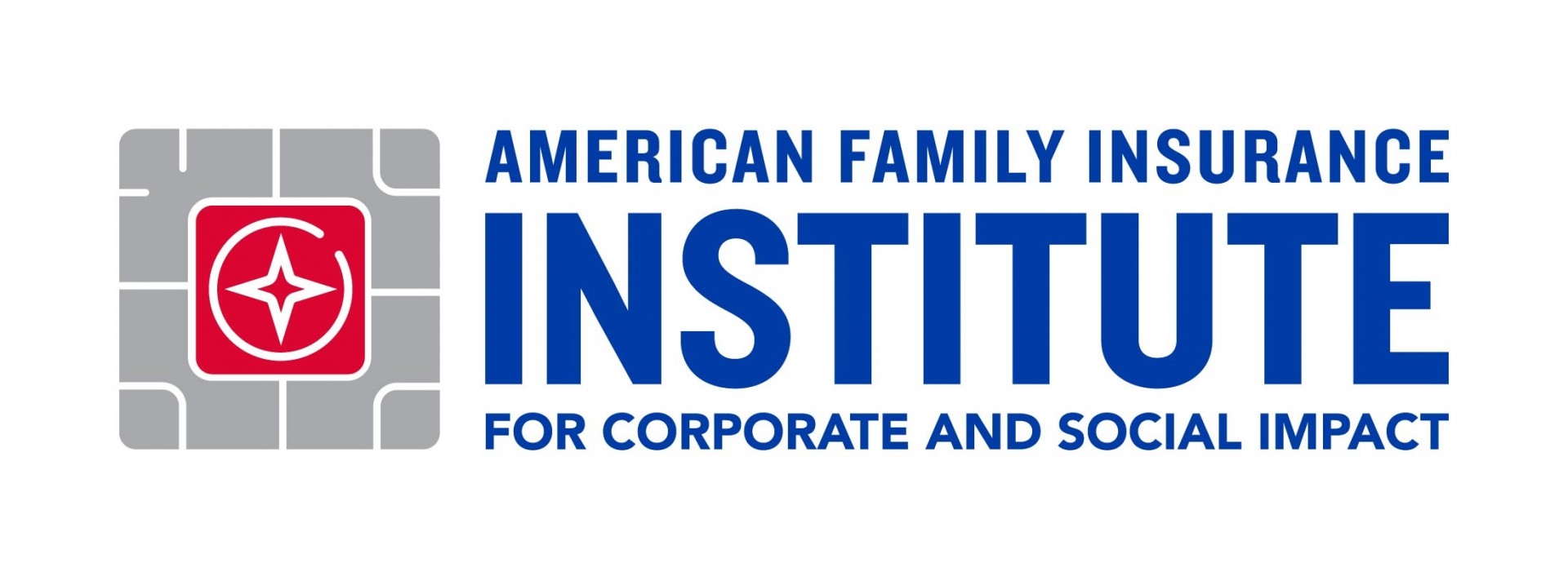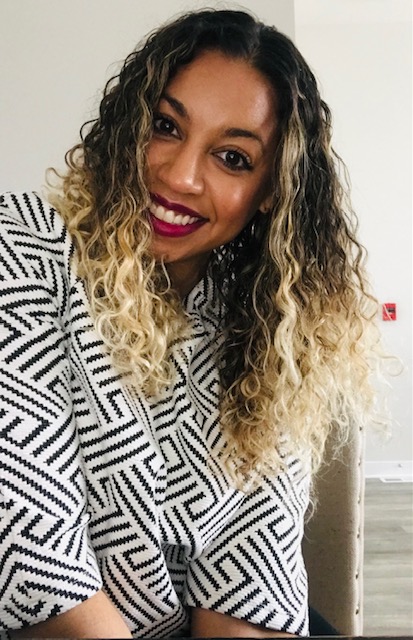Teresa Esser wants people to “follow the money.”
It’s a piece of advice she was given early on in her career in publishing, in the late ’90s when she imagined making a living as an academic writer. Instead, the MIT grad cut her teeth making cold calls and getting comfortable with rejection. But working behind the scenes wasn’t all for naught. She learned more about where academic grants and investments were landing — and found that most of the cash she followed was being funneled to men.
White men, to be precise.
At the same time, Esser’s husband was leading an ethernet phone business that successfully raised $500,000, then within weeks, obtained nearly $4 million more in funding. The company later sold and the couple moved back to Milwaukee.
“I thought, ‘That’s interesting, I could write about that,” Esser told Technical.ly. “Why is it that men, from certain backgrounds, get venture capital? Why did they pick you? There was this bias. I asked the questions.”
Esser eventually answered those questions in her 2002 book “The Venture Cafe: Secrets, Strategies, and Stories from America’s High-Tech Entrepreneurs,” fulfilling her author goals. But her findings also made her want to make a difference. She began exploring a career in VC and joined her husband at Silicon Pastures, a Milwaukee-based angel investment network, where she became a managing partner.

Teresa Esser. (Courtesy photo)
Being a woman in VC in the mid-aughts — a rarity — Esser sometimes had a tough time convincing investors to embrace risk and ditch their conservative Midwestern investment values.
“I kept on wanting to make it worthwhile,” Esser said. “I would go and pitch the usual suspects: family offices, pension funds, wealthy individuals. It wasn’t always a success, but I kept on trying, and kept on coming up with new ideas, and over time we got some good deals.”
As Esser continued to make a name for herself, she couldn’t shake the nagging feeling that more investment was needed in Milwaukee. Though she formed committees and spoke on panels and made the right connections, the disparities remained clear and pervasive.
When the pandemic struck, and the murder of George Floyd came to light, Esser said she was done just sounding the alarm. She wanted to find ways to steer capital for the greater good.
A phone call from her good friend and former MIT roommate, Geeta Sankappanavar, imploring Esser to understand “the journey of her dollar,” accelerated the shift. The prominent angel investor turned her efforts to boosting impact investing in the region.
“I just began to question ‘Why are things so unfair? What can I do as an individual?’” Esser said. “When you drive through the city of Milwaukee, you see concentrated poverty in some areas and concentrated wealth in other areas. Geeta provided me with the diving board. That was the catalyst. We needed to fight the system. Where you put your money matters.”
Esser joined Rallius — an emerging fintech brand under ESG Financial Corp. founded by Sankappanavar — as a managing director of community banking in 2021.

Geeta Sankappanavar (L) and Teresa Esser. (Courtesy photo)
Her move comes amid a tide shift. Consumer interest in ESG funds (which stands for environmental, social and governance strategies) have exploded in popularity in recent years as individuals and companies alike reexamine their investment decisions and social and environmental impact. NASDAQ reported net inflows into ESG funds nearly doubled over the course of 2020 alone, reaching nearly $51.1 billion in the US and more than $2 trillion globally — and funds with ESG strategies outperformed traditional funds during the year, according to additional data from Morningstar.
Rallius describes its mission as making impact-oriented investing and banking solutions more accessible by “changing the way money flows,” including by expanding opportunities for wealth building, doing its part to end systemic inequalities, and fighting against climate change, among other socially conscious endeavors.
For Esser, much of that work begins right here at home.
“I feel this existential need to tell people we have water here, [that] we need to make this a desirable place to live and work,” she said. “We have vacant lots. People can buy houses here and we could increase homeownership rates. We could have lovely, interesting, modern houses that could also lower energy bills. These are the things that run through my mind.”
Esser sees homeownership as the key to wealth creation in Milwaukee. She is currently leading a $2 million affordable housing pilot program to finance the development of 20 affordable homes. The program aims to develop new homes in the $200,000 range to help close the racial gaps in homeownership within the city. The project is still in the early stages.
“We are challenging who we are as Milwaukee,” Esser said. “I want to be really mindful about what would be good for our communities and empowering [to] people. I feel like there is so much opportunity.”
Watch the full conversation with Teresa Esser:
Subscribe to This Week in Milwaukee Rising:

This article appears as part of This Week in Milwaukee Rising, a weekly newsletter from Technical.ly highlighting the innovators bringing a more just, equitable and dynamic Milwaukee economy. Subscribe here. The series is underwritten by American Family Insurance Institute for Corporate and Social Impact.
Before you go...
Please consider supporting Technical.ly to keep our independent journalism strong. Unlike most business-focused media outlets, we don’t have a paywall. Instead, we count on your personal and organizational support.
3 ways to support our work:- Contribute to the Journalism Fund. Charitable giving ensures our information remains free and accessible for residents to discover workforce programs and entrepreneurship pathways. This includes philanthropic grants and individual tax-deductible donations from readers like you.
- Use our Preferred Partners. Our directory of vetted providers offers high-quality recommendations for services our readers need, and each referral supports our journalism.
- Use our services. If you need entrepreneurs and tech leaders to buy your services, are seeking technologists to hire or want more professionals to know about your ecosystem, Technical.ly has the biggest and most engaged audience in the mid-Atlantic. We help companies tell their stories and answer big questions to meet and serve our community.
Join our growing Slack community
Join 5,000 tech professionals and entrepreneurs in our community Slack today!

The person charged in the UnitedHealthcare CEO shooting had a ton of tech connections

From rejection to innovation: How I built a tool to beat AI hiring algorithms at their own game

Where are the country’s most vibrant tech and startup communities?



